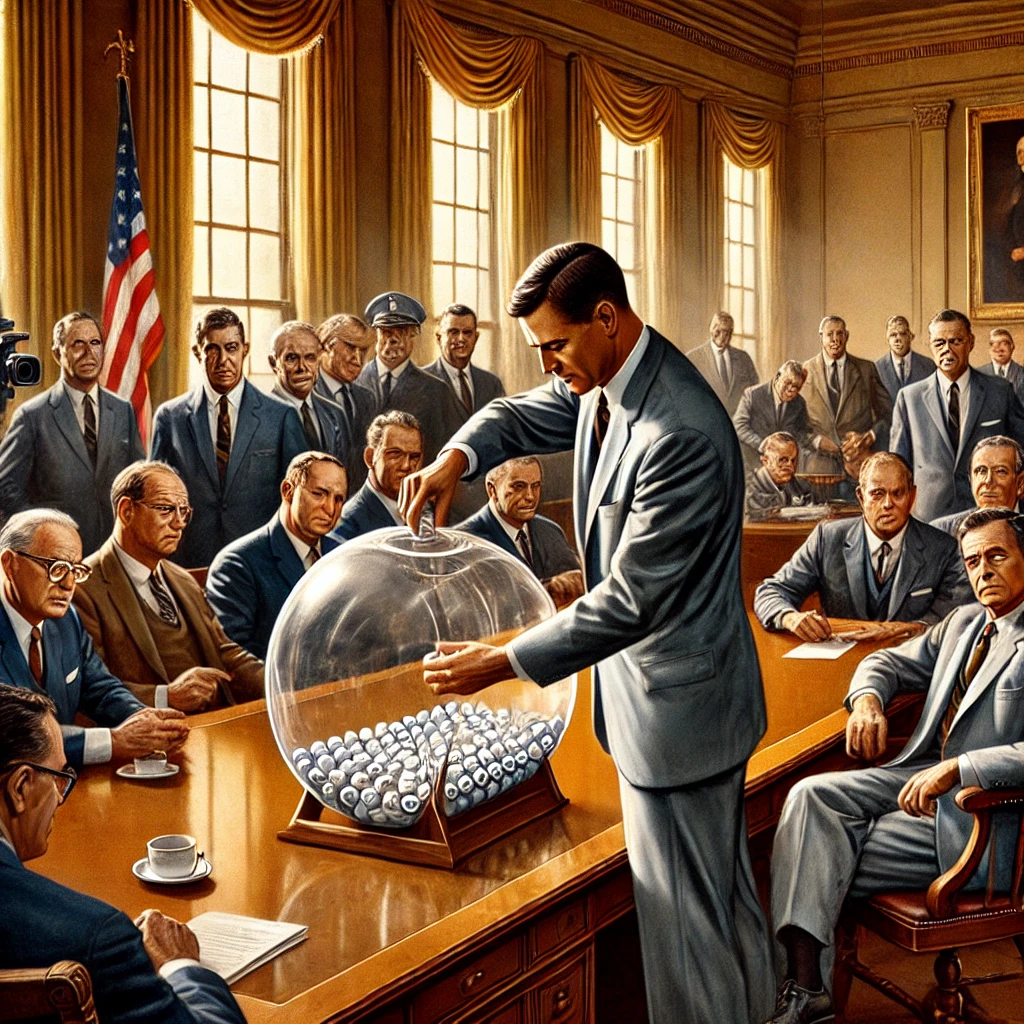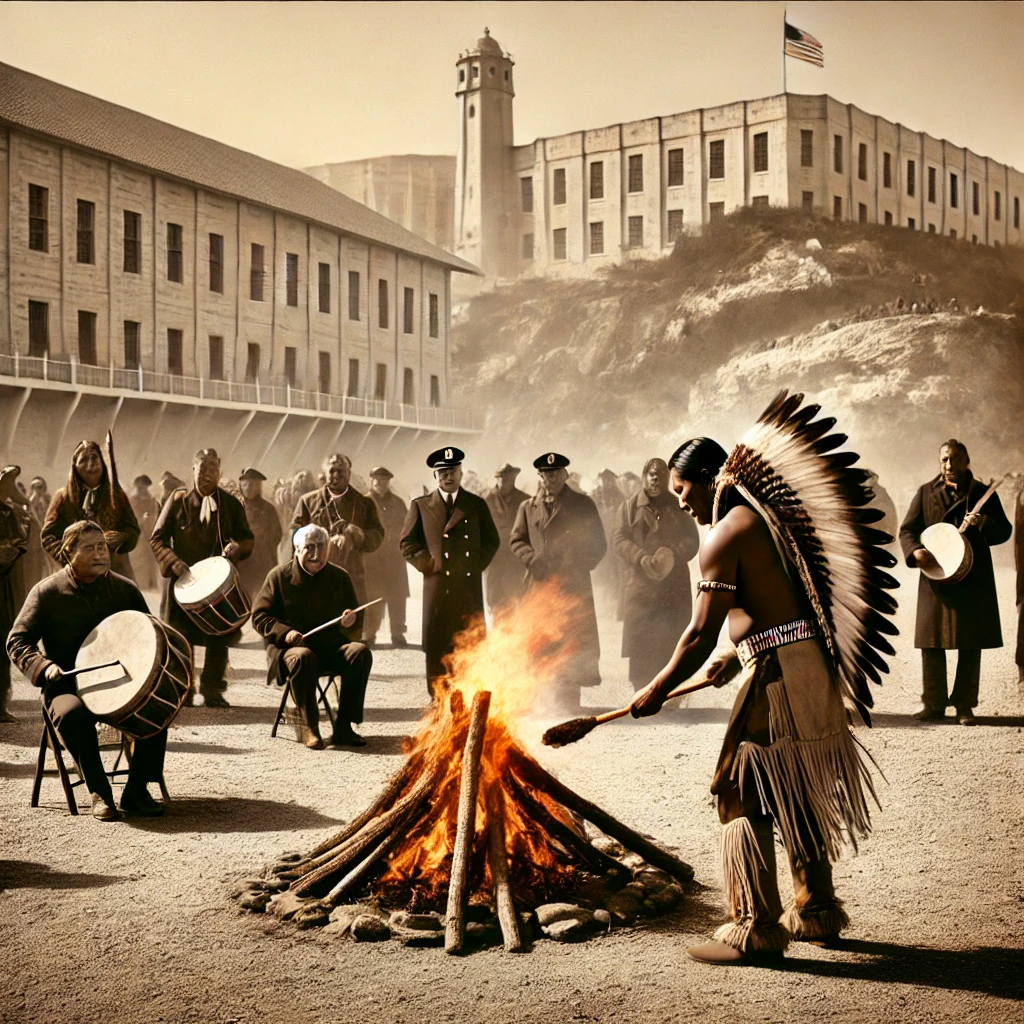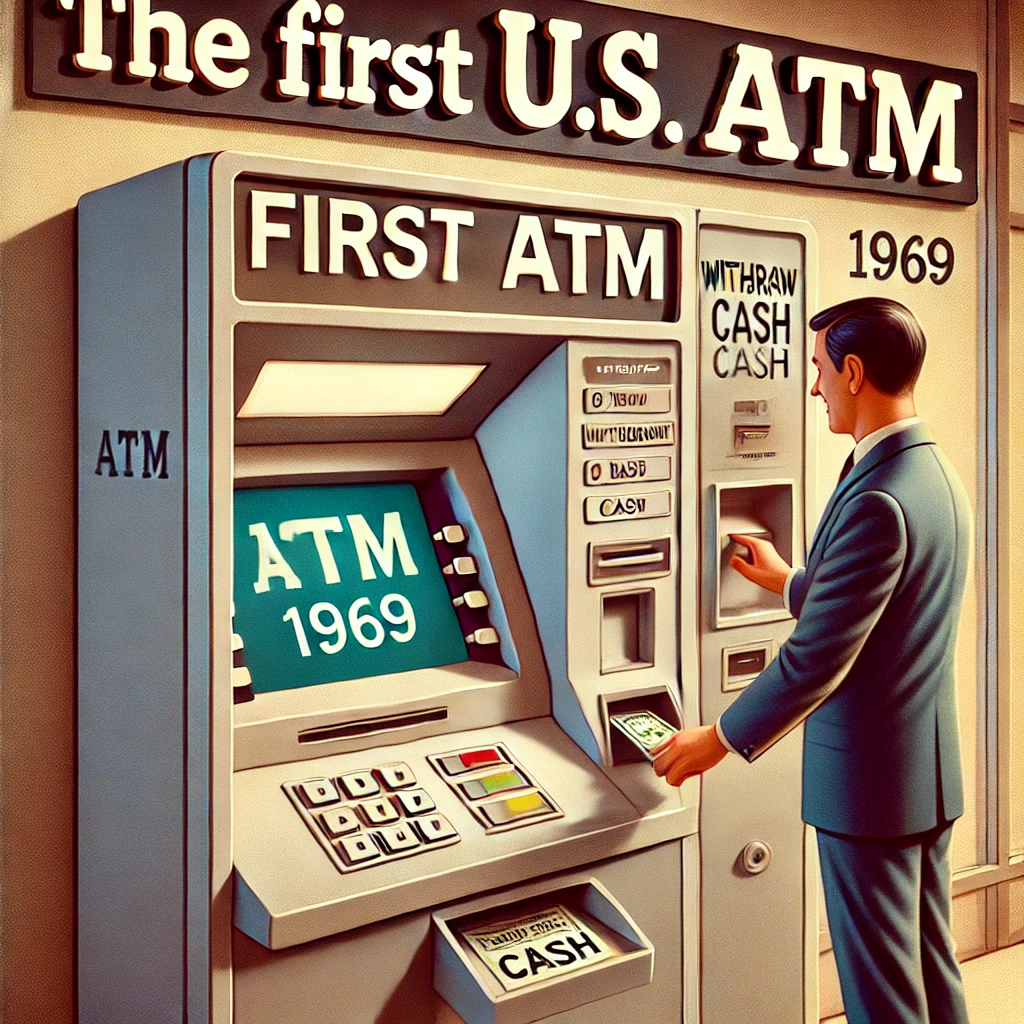The Beatles’ Rooftop Concert: A Farewell to Live Performances

An iconic moment in music history occurred on January 30th, 1969, as The Beatles performed their famous rooftop concert atop the Apple Corps building in London. This impromptu event marked their last public performance as a group and became a cultural milestone that continues to resonate through generations. From its spontaneous execution to its enduring […]
A Tragic Day in Naval History: The USS Enterprise Explosion of 1969

On January 14, 1969, the aircraft carrier USS Enterprise faced a devastating disaster that left a lasting imprint on naval history and safety standards. An accidental detonation of a rocket mounted on a parked aircraft caused a series of catastrophic explosions aboard the ship. The incident resulted in the deaths of 27 crew members, injuries […]
The First U.S. Draft Lottery: A Turning Point in Vietnam War History

Amidst the Vietnam War, the United States conducted its first draft lottery on December 1, 1969. This event marked a significant shift in the nation’s conscription system and became a defining moment in the history of the Vietnam War. The draft lottery not only shaped the lives of millions of young Americans but also fueled […]
The Occupation of Alcatraz: A Bold Statement for Native American Rights

On November 20th, 1969, a group of Native American activists known as the Indians of All Tribes made a historic statement by occupying Alcatraz Island in San Francisco Bay. This bold protest aimed not only to reclaim the island but also to draw attention to the ongoing struggles faced by Native Americans across the United […]
A Leap Back to the Moon: The Launch of Apollo 12

On November 14, 1969, NASA launched Apollo 12, marking a significant milestone in the Apollo space program. This mission became the sixth crewed flight in the Apollo program and the second to successfully land humans on the Moon. Astronauts Charles “Pete” Conrad and Alan L. Bean piloted the spacecraft, setting off on an ambitious journey […]
A New Era in Children’s Television: “Sesame Street” Launches

On November 10, 1969, “Sesame Street” made its debut on American television, revolutionizing the landscape of children’s programming. This groundbreaking show combined education with entertainment, using puppetry, animation, and live-action segments to engage young viewers. “Sesame Street” quickly became a beloved institution, recognized for its innovative approach to early childhood education and its commitment to […]
A New Era of Family Entertainment: The Brady Bunch Premieres

On September 26, 1969, ABC introduced audiences to The Brady Bunch, a groundbreaking sitcom that would become an enduring pop culture phenomenon. Centered around the blended family of Mike and Carol Brady, along with their six children, the show captured the challenges and joys of family life in a way that resonated with viewers across […]
The Journey of Tyler Perry: From Humble Beginnings to Hollywood Success

Tyler Perry, an All-American playwright, actor, screenwriter, producer, and director, is renowned for his remarkable rise from modest beginnings to becoming one of the most influential figures in the entertainment industry. Known for his innovative storytelling and dedication to the craft, Perry’s journey is a testament to resilience, creativity, and entrepreneurial spirit. His achievements include […]
First U.S. ATM Opens for Business

On September 2, 1969, the first automated teller machine (ATM) in the United States was put into operation at a branch of Chemical Bank in Rockville Centre, New York. This groundbreaking innovation marked the beginning of a new era in banking, transforming the way people access their finances and conduct transactions. The introduction of the […]
Woodstock Festival Opens in Bethel, New York

On August 15, 1969, the Woodstock Music & Art Fair, commonly known as Woodstock, opened in Bethel, New York. This iconic festival, held on a dairy farm owned by Max Yasgur, was originally conceived as a “Aquarian Exposition: 3 Days of Peace & Music.” Woodstock was organized by four young entrepreneurs—Michael Lang, Artie Kornfeld, Joel […]
